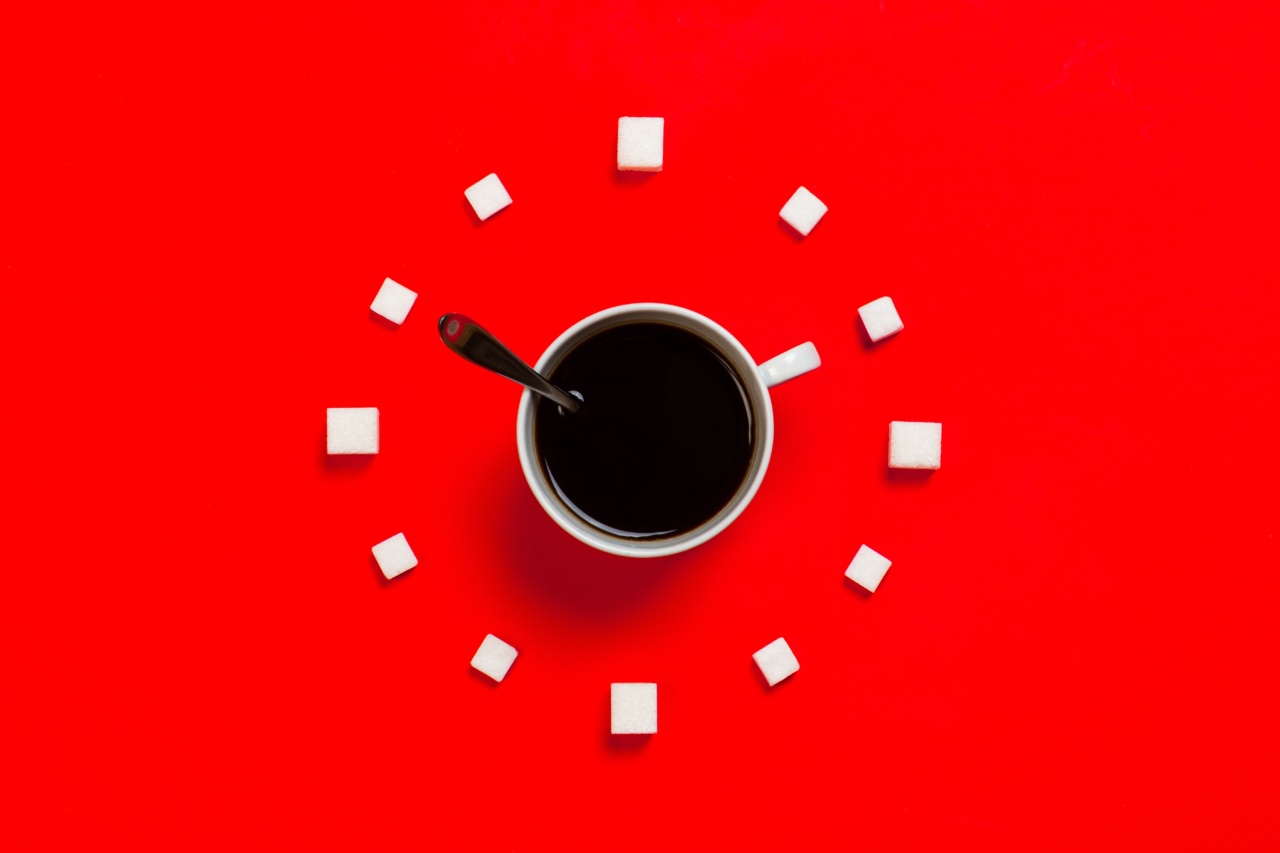Coffee is one of the most popular beverages in the world, known for its stimulating effects. Many people rely on a cup or two of coffee to kickstart their day or keep them energized throughout the day.
However, the timing of your last cup of coffee can significantly impact your sleep quality and overall health. In this article, we will explore the best time to drink your last cup of coffee to ensure a good night’s sleep and optimal health.
The Effects of Caffeine
Caffeine is a natural stimulant found in coffee, tea, chocolate, and some medications. It works by blocking the activity of adenosine, a neurotransmitter that promotes relaxation and sleep.
Instead, caffeine promotes alertness, enhances focus, and temporarily combats fatigue.
When consumed in moderation, caffeine can provide various benefits, including improved cognitive function, increased metabolism, and boosted athletic performance.
However, consuming caffeine too close to bedtime can disrupt your sleep patterns, leading to poor sleep quality and even insomnia.
The Relationship Between Coffee and Sleep Quality
Coffee consumption too close to bedtime can interfere with your sleep patterns. It can take several hours for caffeine to be metabolized and eliminated from your body, and its effects can last even longer.
If you have trouble falling asleep or suffer from restless sleep, it may be due to your caffeine intake, especially if you consume it late in the day.
Although caffeine affects individuals differently, it is generally recommended to avoid consuming caffeine at least 6 hours before bedtime. This allows enough time for the caffeine to wear off and for your body to start preparing for sleep.
However, some individuals may be more sensitive to caffeine, requiring a longer caffeine-free period before bed.
Timing Your Last Cup of Coffee
To determine the best time to drink your last cup of coffee, you need to consider your individual caffeine tolerance and the time you typically go to bed. It is essential to listen to your body and understand how caffeine affects you personally.
If you have a regular sleep schedule and go to bed around 10 pm, it is advisable to finish your coffee consumption by 4 pm. This allows for the caffeine to be metabolized and eliminated from your system, reducing its impact on your sleep.
Experiment with your own caffeine tolerance to find the optimal timing that works for you.
However, if you have an earlier bedtime or are more sensitive to caffeine, it may be wise to have your last cup of coffee even earlier in the day.
Some people find that consuming coffee in the morning and gradually reducing their intake throughout the day helps them avoid sleep disruptions.
Alternative Options for Caffeine Cravings
If you are accustomed to having a warm beverage in the evenings, there are alternatives to coffee that you can incorporate into your routine. Opt for decaffeinated coffee, herbal teas, or warm milk.
These options can provide a comforting experience without the stimulating effects of caffeine.
Additionally, it is important to be aware that caffeine is present in other food and drinks, including energy drinks, soda, and chocolate. Be mindful of your overall caffeine intake throughout the day, not just from coffee.
The Importance of Sleep for Optimal Health
A good night’s sleep is crucial for overall health and well-being. Sleep deprivation or poor sleep quality has been linked to a wide range of health issues, including obesity, heart disease, diabetes, and even mental health disorders.
It impacts your ability to concentrate, makes you more prone to accidents, and affects your mood.
By finding the best time to drink your last cup of coffee and avoiding caffeine too close to bedtime, you can promote healthy sleep patterns and improve your overall health.
Conclusion
Understanding the relationship between coffee consumption and sleep quality is key to optimizing your health and well-being. While coffee can offer many benefits when consumed in moderation, it is crucial to consider the timing of your last cup.
By allowing enough time for your body to eliminate caffeine before bedtime, you can enjoy a good night’s sleep and wake up refreshed and energized the next day.


























